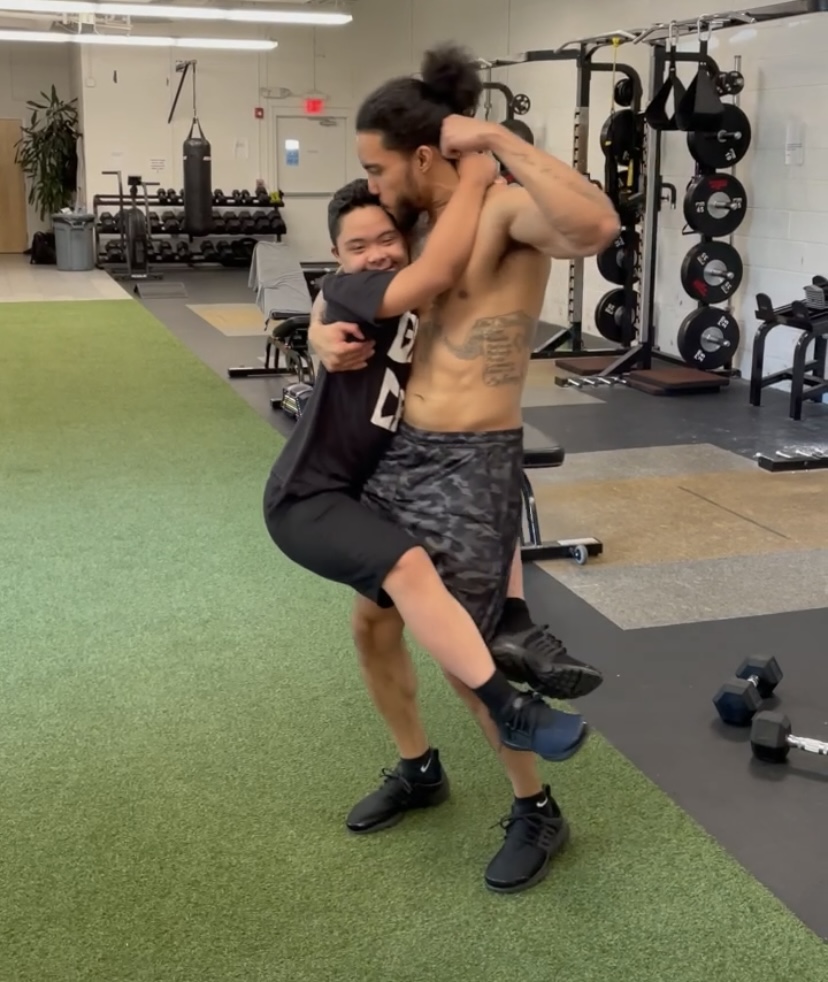MCOFU’S FAILED LAWSUIT
 Please see my newest at DigBoston. The title is MA CORRECTIONS OFFICERS’ ANTI-VAXX LAWSUIT FAILS. The pull quote is “The plaintiffs ignore the harm that their requested injunction would cause incarcerated people.”
Please see my newest at DigBoston. The title is MA CORRECTIONS OFFICERS’ ANTI-VAXX LAWSUIT FAILS. The pull quote is “The plaintiffs ignore the harm that their requested injunction would cause incarcerated people.”
Day-Long Hearing on Corrections Sees Pleas for Free Calls and an End to Life W/out Parole

Please see and share my newest article at DigBoston which looks at the most recent Joint Judiciary Committee Hearing including the fact that incarcerated people could not participate on Zoom and testify at the hearing.
JUDICIARY COMMITTEE HEARING OCTOBER 5

Everyone needs to turn out & say #EndLWOP at the Massachusetts Judiciary Committee virtual hearing OCTOBER 5th 10am-2pm: H.17971 First, support An Act to Reduce Mass Incarceration which allows for parole review for all after 25 years. See celwop.org to learn more about this legislation and why to end life without parole.
Fact sheet:
also supports “An Act to reform parole supervision in the interest of justice,” which substantially and meaningfully reforms the way parole supervision works.
Radical Re-Entry: Inner City Weightlifting
 Etanis Cumba, Trainer and his son Etanis Junior at Kendall Square, ICW.
Etanis Cumba, Trainer and his son Etanis Junior at Kendall Square, ICW.
Please see and share a wonderfully positive story about creating community and value for people who society has otherwise denied the opportunity. My newest, here at DigBoston.
It begins: “Inner City Weightlifting (ICW) is an unusual reentry program which aims to change lives. Since its inception in 2010, it has helped 231 people who’ve returned to their communities from jail or prison turn their lifestyles around with fitness.” Read More.



